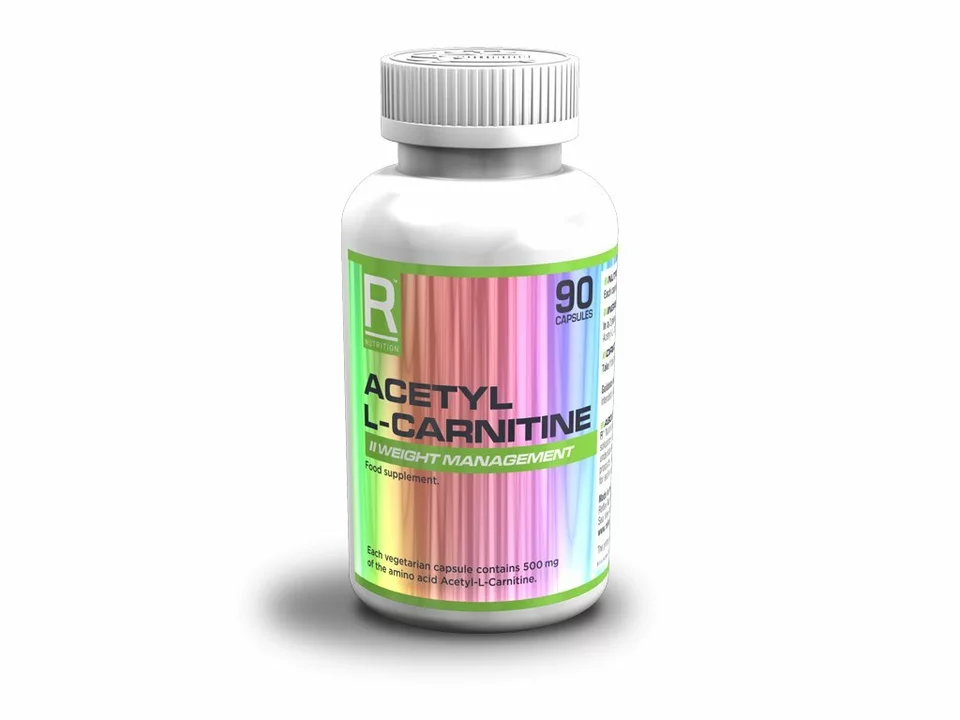Acetyl-L-Carnitine: What It Is and Why People Use It
Acetyl-L-carnitine (ALC) is a slightly different form of the amino acid L-carnitine. Your body uses it to help mitochondria — the cell’s energy factories — work better. People take ALC for brain support, nerve pain, fatigue, and to boost mental clarity. It’s sold as ALC or ALCAR in capsules, powders, and tablets.
Common Uses and What the Research Says
Clinically, ALC gets attention for a few areas where it actually shows promise. For diabetic peripheral neuropathy, several trials found ALC reduced pain and improved nerve signals. In older adults, small studies reported modest benefits for memory and attention, especially when cognitive decline is mild. Athletes and people with chronic fatigue try ALC for energy and recovery, although results there are mixed. Think of ALC as a supportive supplement, not a miracle cure.
How it works: ALC crosses the blood-brain barrier more easily than plain L-carnitine, which may explain its effects on cognition. It also helps shuttle fatty acids into mitochondria for energy and supports nerve repair processes in some settings.
Practical Dosing, Timing, and Tips
Typical doses range from 500 mg to 2,000 mg per day. For nerve pain, studies often used 1,000–2,000 mg daily. For cognitive support, people commonly try 500–1,500 mg. Start low — 500 mg — and increase after a week if you tolerate it. Take ALC with food to reduce stomach upset. Some people feel mildly stimulated, so if it affects sleep, take it earlier in the day.
Pick brands that use third-party testing (USP, NSF, or independent lab results). If you buy powder, measure carefully and avoid oversized single doses. Combining ALC with a balanced diet and regular exercise gives the best chance of real benefits.
Side effects are usually mild: nausea, abdominal cramps, headache, or a mild fishy body odor in higher doses. ALC may be stimulating for some people and can cause restlessness. Report any new or severe symptoms to your healthcare provider right away.
Talk to your doctor before starting ALC if you are pregnant, breastfeeding, have a seizure disorder, or take prescription medicines for heart rhythm, blood sugar, or mental health. Your clinician can check for possible interactions and advise on the right dose for your situation.
Bottom line: Acetyl-L-carnitine is a well-studied supplement with realistic uses — particularly for nerve pain and mild cognitive support. It’s generally safe at common doses and worth trying if the potential benefits match your goals, but always check with your healthcare provider first.
How to incorporate acetyl-l-carnitine into your daily routine
Acetyl-l-carnitine is an amazing supplement that can provide numerous health benefits. To incorporate it into my daily routine, I'll start by consulting my doctor to ensure it's safe for me to take. Then, I'll purchase a high-quality supplement and take the recommended dosage with a meal to enhance absorption. I'll also make sure to stay consistent in taking the supplement daily for optimal results. Lastly, I'll track any improvements in my energy levels, cognitive function, and overall well-being to see how well acetyl-l-carnitine works for me.






